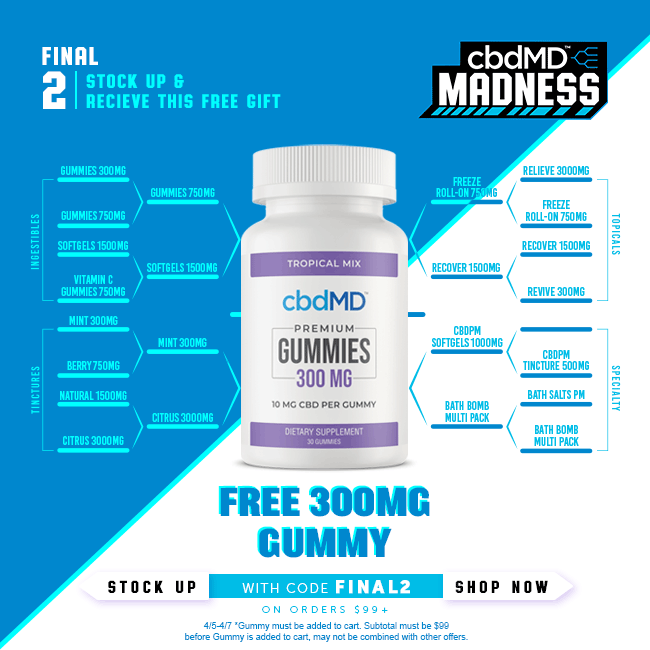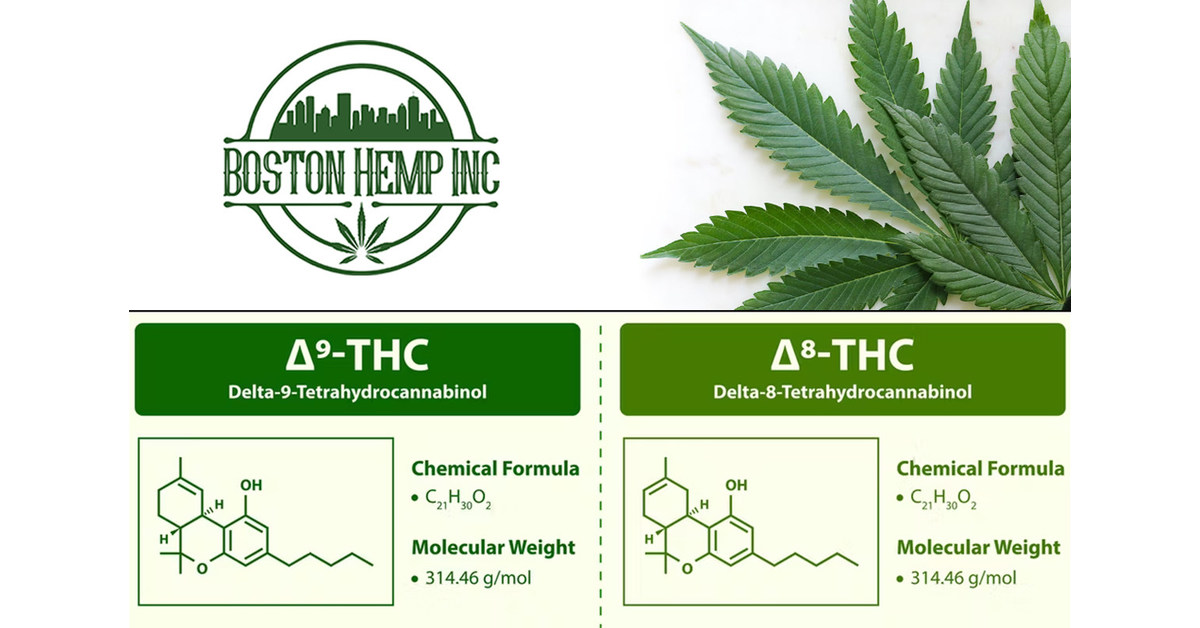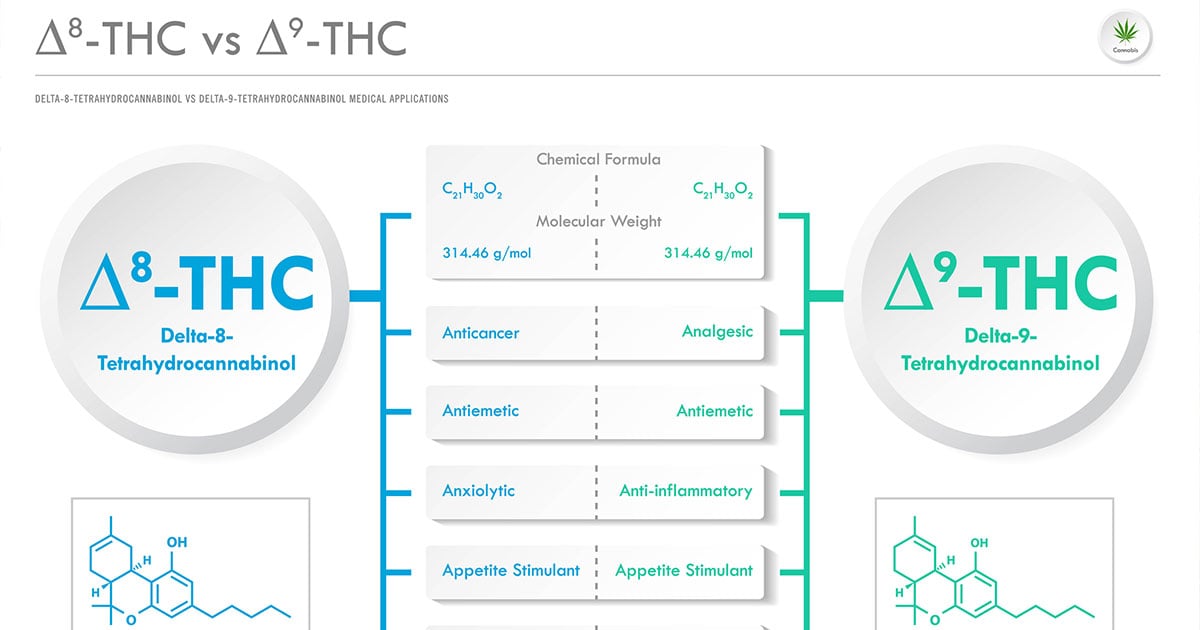free delta 9 samples free shipping and handling
is delta 9 as strong as thc

Some Known Details About What's The Difference? Delta-8 Vs. Delta-9 Thc - Neurogan
While some people may state there are no considerable distinctions to be discovered when comparing these 2 compounds side by side, this slight chemical difference can result in cognitive modifications and physical effects. Users considering whether to pick Delta 8 vs (substances). Delta 9 are choosing between two extremely various items.
Boston Hemp Inc. continues to broaden their product offerings that include both Delta-8 and Delta-9 THC - popularity. New products include flower, vapes, tinctures and gummies. Products are offered for sale at their Hanover location and online at Products purchased online can be shipped anywhere in the United States. SOURCE Boston Hemp Inc.
Research study has actually also shown that interactions in between the entire spectrum of the plant's compounds, including all of its cannabinoids and terpenes, work better together in a procedure understood as the entourage impact. In the fast-moving world of cannabis, small cannabinoids are proving to be prime targets for medical studies and medical usage.
What Is The Difference Between Delta 8 & Delta 9? Fundamentals Explained
However, its synthetic production techniques make it a federally unlawful item. While delta-9 THC and delta-8 THC might share many health advantages, each has a distinct strength and "high." Understanding the distinctions in molecular structure, production, legality, health effects, and negative effects can help you make more informed production and usage choices and stay on the ideal side of the law.
For example, the placement of the double bond on the carbon atom chain differs between the two cannabinoids. Delta-8 THC's double bonds are on the eighth carbon atom, while delta-9 THC's double bonds are on the ninth. This is why they are named delta-8 THC and delta-9 THC. The double bond placement on the carbon chain figures out how it engages with CB1 receptors in the body's main anxious system.
Hemp processors begin with an extraction and distillation procedure to develop a CBD isolate from hemp biomass. A nonpolar, organic solvent such as heptane or toluene is used to liquify the isolate. An acid reagent is stirred into the mixture to stimulate a chain reaction that transforms CBD into delta-8 THC. cannabinoids.
Delta-8-thc: Delta-9-thc's Nicer Younger Sibling? Things To Know Before You Buy
The 2018 Farm Costs legislated commercial hemp production and products consisting of under 0. 3% delta-9 THC by dry weight. Numerous cannabis manufacturers translated this to mean that any hemp-derived items including under 0. 3% THC are legal. Delta-8's legality has been under analysis on the federal and state level. In 18 states (as of Dec.
In Oregon, the dry weight is computed with a formula that does not need laboratories to physically remove the moisture. Delta-8 processors are running in violation of the Controlled Substances Act. processors. In addition, different states have various marijuana regulations, some altogether banning delta-8 products. While delta-8 products are currently being offered across state lines, in many cases, some states clearly restrict the circulation of these items.
When consumed, the delta-8 THC undergoes second-pass metabolism and is transformed into 11-hydroxy-THC, a THC metabolite. The same process occurs when taking in delta-9. If you desire to avoid failing a THC drug test, you do not want to consume delta-8. In terms of negative results, delta-8 and delta-9 vary in their intoxication capacity and their adverse effects (work).
The 20-Second Trick For Delta 8 Vs Delta 9 Thc: What It Is & How It's Made
The correct dose depends upon the user. type. Since delta-8 is about half the strength of delta-9, a lot of delta-8 products are cost doses 2 to 3 times greater than delta-9 items. Consider the strength of the product prior to taking in a big quantity of delta-8 or delta-9. First-time users can begin with a low dose and gradually develop to their preferred experience.
No matter what you choose, always look for lab-tested items and purchase from legal marijuana dispensaries and online sellers to have the very best experience.
It is essential for consumers to be aware that delta-8 THC products have not been examined or approved by the FDA for safe usage in any context. They may be marketed in manner ins which put the public health at threat and need to particularly be kept out of reach of children and animals.
The Main Principles Of Delta-8-thc: A New Synthetic Cannabinoid Poses Problems For ...
These products have actually not been examined or approved by the FDA for safe use in any context. Some concerns include irregularity in product formulas and item labeling, other cannabinoid and terpene content, and variable delta-8 THC concentrations. Additionally, a few of these products might be identified simply as "hemp items," which might mislead customers who associate "hemp" with "non-psychoactive." Furthermore, the FDA is worried by the expansion of items that include delta-8 THC and are marketed for therapeutic or medical usages, although they have actually not been authorized by the FDA (issues).
The final delta-8 THC product may have possibly harmful by-products (pollutants) due to the chemicals utilized while doing so, and there is unpredictability with regard to other potential contaminants that may exist or produced depending upon the structure of the starting basic material. If taken in or inhaled, these chemicals, consisting of some used to make (manufacture) delta-8 THC and the by-products developed during synthesis, can be harmful.
Makers are packaging and identifying these items in ways that might interest kids (gummies, chocolates, cookies, sweets, and so on). These products might be purchased online, in addition to at a variety of merchants, including corner store and gas stations, where there might not be age limitations on who can acquire these products - delta-8.
Delta 8 Vs Delta 9 Thc: What It Is & How It's Made Things To Know Before You Buy
Concerns relating to contamination due to approaches of making that might in some cases be utilized to produce marketed delta-8 THC products. The FDA is actively working with federal and state partners to additional address the issues related to these products and keeping an eye on the market for product grievances, negative occasions, and other emerging cannabis-derived products of prospective concern. cannabis dispensaries.
In order to discover how THC works, it is important to comprehend how cannabinoids run. Every mammal has an internal structure understood as the endocannabinoid system, or ECS, which serves to regulate homeostatic imbalances within the body (cannabinoids). The cannabinoid (CB) receptors that work as part of the ECS are specifically formed to bind or engage with the external cannabinoid molecules that are consisted of in marijuana.

Some cannabinoids might just have the ability to bind with one type of CB receptor, while others are able to bind with both, and others neither. THC is able to bind with both CB1 and CB2 receptors, but it is the specific binding of THC with CB1 receptors that causes the psychotropic results which are associated with business marijuana.
Getting My Delta 8 Vs Delta 9 Thc: What It Is & How It's Made To Work
In addition, long term THC intake has actually shown to have a connection with the symptom of latent schizophrenia. On the other hand, CBD does not bind with either CB1 or CB2 receptors, however it has the ability to mitigate the binding of THC and CB1, which can assist to inhibit a few of the psychotomimetic homes that are associated with THC (bond).
In addition to the primary psychedelic ingredient in marijuana, delta 9 THC, users can now likewise turn to delta 8 and HHC for a more tailored experience - form. But how do these cannabinoids compare? This article provides a deep dive into the resemblances and distinctions of HHC, delta 8, and delta 9 THC.
Overall, HHC is extremely comparable to both delta 8 and delta 9 THC. It's a little less potent than D9 however more powerful than D8 (effects). It has comparable relaxing qualities as D8 but maintains the blissful impacts of D9 (specifically in higher doses). Unlike D9, HHC is legal in most states, and the expense is most equivalent to delta 8.
The Ultimate Guide To And Delta‐9‐tetrahydrocannabinol; Comparison In Man By ...
It also provides this compound a longer shelf-life and makes it less vulnerable to breakdown and more resistant to incorrect storage, heat, and UV-light direct exposure. Delta 8 THC is another THC analog (people). It has the same structure as delta 9 THC, with the only distinction being the positioning of a double bond.
Cannabinol is around 10% of delta 9's potency and is called the supreme sleep cannabinoid. There are no hemp flower stress with an extra high portion of delta 8 THC. Plant breeders haven't found a method to selectively breed cannabis with high delta 8 concentration due to the fact that this cannabinoid mainly takes place as a THC by-product.
The 2 primary types of THC are delta 9 and delta 8. While delta 9 represent up to 25% of the plant's weight, delta 8 exists in trace amounts (less than 1%) and is 50% to 70% as strong as delta 9. Delta 9 is the most common form of THC in cannabis, however it's also the least stable and breaks down to CBN when exposed to oxygen.
A Biased View of What's The Difference? Delta-8 Vs. Delta-9 Thc - Neurogan
Numerous puffs can last approximately 4 hours compared to one puff that has actually subsided after 2 hours. Like THC edibles, the impacts of HHC edibles (gummies) need a bit longer to start but last the longest. For some people, edibles can be obvious for approximately 6 hours after intake (strength).

The bottom line, everything depends upon what you're looking for. If you want a more everyday experience of a clear-headed "high," delta 8 is best. activities. If you're looking to relax and get as high as a kite, delta 9 is the very best alternative. It comes with more noticable side impacts.
The majority of the proof on cannabinoid effects is anecdotal, so it's reasonable to acknowledge that HHC tends to cause less stress and anxiety than delta 8. If delta 8 gives you mild anxiety spikes, HHC is absolutely less anxious than THC, even in individuals with common anxiety symptoms. Be gotten ready for adverse effects like heart palpitations and a more intense high.
Some Known Incorrect Statements About Boston Hemp Inc.: What Is The Difference Between Delta-8 And ...
The results likewise depend on the individual's neurochemical balance and the cannabinoid's mechanism of action and binding affinity. There aren't combined quality requirements or control when it concerns producing this cannabinoid. Users must take care when trying to find a product that contains HHC in its structure in the first palace.
The reason why HHC's impacts vary so much is likely rooted in the way it's manufactured., the active part of the particle that binds to the body's endocannabinoid receptors, and, the partially active side of the molecule with a somewhat various structure that doesn't bind as well to the body's endocannabinoid receptors.
Since of this, HHC produced for industrial purposes is a blend of two forms, and it differs depending on which one you get. The results of HHC on the body and mind are very similar to the results of THC. But, since HHC is less potent, you'll need bigger amounts to get the complete THC effects.
Rumored Buzz on 5 Things To Know About Delta-8 Tetrahydrocannabinol - Fda
Here are some of the couple of studies showcasing its prospective advantages: When tested on rats, this cannabinoid showed considerable painkilling properties. Although we require human research studies, research study reveals appealing results of utilizing HHC in this location and indicate it as a viable medicine for persistent pain management. Many cannabinoids efficiently fight discomfort and minimize inflammation, so HHC is no different (tinctures).
The important things about delta 8 that makes it an ideal cannabinoid for stress and anxiety is that it provides a mellower "high" than delta 9. Anecdotal reports reveal that delta 8 triggers much less anxiety than delta 9 and a clear-headed high that doesn't interfere with focus and clarity. Its results on stress and anxiety stay the same no matter the dosage, which is not the case with delta 9.
So, all the research we have actually is based upon anecdotal proof. HHC is not as popular and extensively used as delta 8, many individuals continue utilizing it on a daily basis. Delta 9 is a safe cannabinoid because it's naturally drawn out from the hemp plant. That's not the case with delta 8 and HHC.
Not known Incorrect Statements About Study: Users Say Delta-8-thc Is Delta-9's 'Nicer Younger Sibling'
Paranoia Anxiety Rapid heart beat Increased blood pressure Insomnia We don't have to go over the legality of delta 9 because, in the United States, THC is an unlawful Schedule I substance. The exception of this federal provision is state laws that enable the sale of items rich in delta 9 within their borders.
is delta 9 as strong as thc